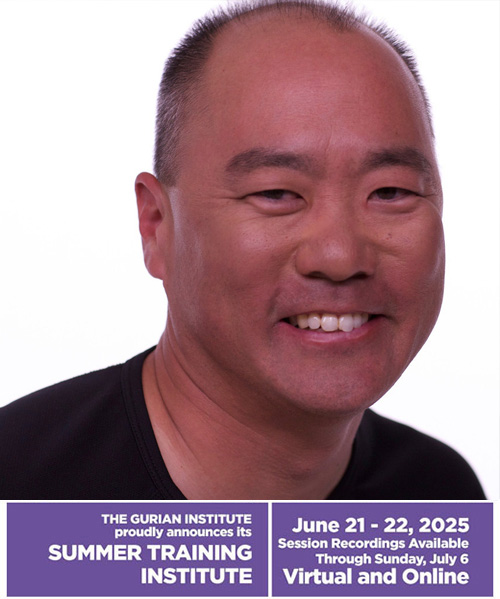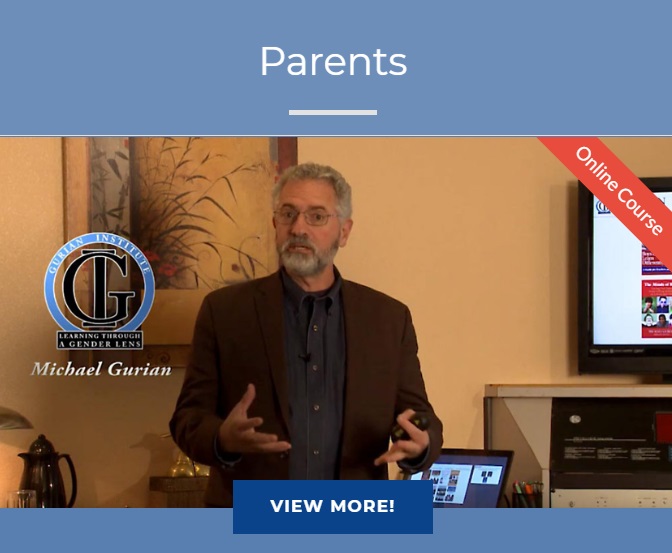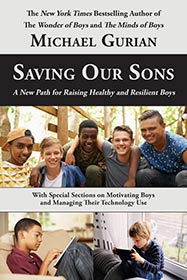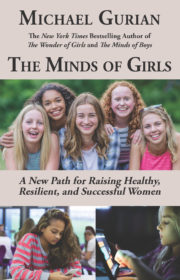
Tim Wright and Michael Gurian have worked together for 12 years on Rites of Passage programs, Helping Kids Thrive and Helping Boys Thrive initiatives, and the Wonder of Parenting Podcast. Tim will present a workshop this year’s Summer Institute on social trends affecting boys and young men today.
Tim is one of America’s most dynamic presenters. A pastor by trade, he works in both secular and faith communities. In this workshop, he will provide strategies to help participants navigate the changing landscape of gender issues in our communities and schools. He is the author of the e-books: Raising Sons in a #MeToo World and Raising Daughters in a #MeToo World.
While his workshop is for all participants and specifically targets secular communities, it will also explore how faith communities can help stem the boy crisis in America. Here is more from Tim.
I am the father of a daughter. My wife and I have been married coming up on 40 years. I have two young granddaughters and an amazing daughter-in-law. My congregation is made up of hundreds of remarkable women and girls. I care deeply for these women and girls in my life.
As an advocate, I stand with them against any ideology, behavior, or system that robs them of their humanity, their dignity, their safety, and their core-being as women. That includes any man who feels entitled to harass, assault, or harm them in any way, shape or form. That’s why, as a man, I stand in solidarity with the #MeToo Movement.
I am also the father of a son. I have a great son-in-law. I have three young grandsons. My congregation is made up of hundreds of remarkable men and boys. I care deeply for these men and boys in my life.
As an advocate for males, too, I stand with them against any ideology, behavior, or system that robs them of their humanity, their dignity, their safety, and their core-being as men. That includes any man or woman who feels entitled to label their masculinity inherently flawed, dangerous, harmful, or broken. That’s why I stand in solidarity with men and women against the label, Toxic Masculinity.
And all this puts me–a researcher, author, pastor, and community leader–in an unnecessary dilemma. The heartache and pain inflicted on women by some men, which led to the outing of these monsters in the form of the important #MeToo Movement, also gave extra media energy to the phrase, Toxic Masculinity.
Toxic Masculinity grows from a social movement—not among the majority, I do not believe, but among a very vocal minority—to find nearly everything natural and good about males wrong-headed. We would not discuss “toxic femininity” even though some women are toxic people—why, then, are we using a term that suggests masculinity is prone toward flaw?
In my work, I encourage masculinity because I have seen too many cases in which males needed more masculinity, not less; too many cases when basic masculinity was called toxic but was not toxic; and a painful trend in our culture to build social movements that misread boys and men, degrading them for ideological purposes.
Masculinity is a sacred energy, a good energy, a necessary energy. Masculinity specifically disallows boorish behavior. Masculine men do not systematically denigrate or harass women. The “toxic masculinity” concept is not research based—it is an ideological attack on males.
That said, some men are bad men. When they do bad things, they act in ways that are not representative of masculinity. Their behavior is toxic, degrading, criminal, and wrong…masculinity, however, is not behavior.
I don’t want my grandsons growing up believing that their masculinity is likely flawed, dangerous, or toxic. Imagine what that belief does to our boys as they grow! I want them to know that they have been created to be good men, loving men, men who will use their gifts and talents to make the world a better place.
I don’t want my granddaughters growing up believing men are always just one step away from being toxic. That ideology will rob my granddaughters of strong healthy relationships with men. It will make them suspicious of men at their core, which cruelly pulls apart families and our culture.
Is it possible to stand with the #MeToo Movement and at the same time stand against the ideology of Toxic Masculinity? Absolutely. I do this every day.
Can we fight against toxic behaviors in some men while at the same time calling out the best in our boys and men? Yes. By inspiring them to become strong, empathic, open, full of life, kinesthetic, driven, understanding, enterprising—all very masculine traits.
In my workshop at the Gurian Summer Training Institute, I will provide very practical strategies for untangling #MeToo from Toxic Masculinity. We will look at how to use “behavior” language—toxic behavior, criminal behavior, abusive behavior, and so on—rather than “toxic masculinity.” Targeting behavior will give us the chance to really get at these important issues without labeling and misunderstandings.
After all, what most men and women want is to thrive not just as people, but as men and as women.
Discussion Starters for Home and School Right Now:
- Ask your son/boy what a good man is (or what a good man does). Perhaps he may want to draw a comic strip to answer the question or write a brief story. Ask him what men he admires and why.
- Talk about “toxic behaviors” with boys. What inappropriate behavior has your son, or your students in general, seen in male or female friends that might be considered toxic? You might throw out some behaviors or situations of both toxic and good behavior, with some grey area behaviors thrown in, and talk about why kids see them as good or toxic.
- Begin age appropriate discussions with sons and daughters about sex and dating. What values do you want to instill around dating, consent, alcohol, and sex?
- It’s never too late to begin to help your son shape a life vision for himself based on being a good man. If your son or daughter is in Jr. High, check out the Gurian/Wright Rites of Passage on www.TimWrightMinistries.org for faith-based and secular families.
–Tim Wright









